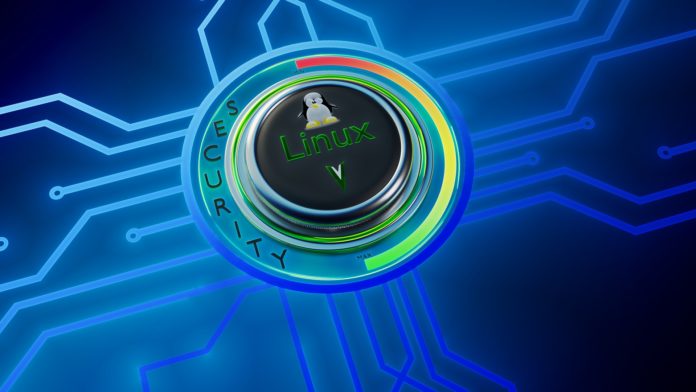
Every tech enthusiast knows that Linux comes with the freedom that hardly any other OS can offer. We don’t even have to get into the benefits that come with a large community and open source philosophy.
However, some people (especially Linux newbies) tend to think that Linux can’t be harmed by cyberthreats at all.
Hackers and scammers are getting ever more creative, so let’s talk about the security issues on Linux that can get you and your data in trouble.
1. Open Source Is Great, But…
The biggest weakness in Linux cybersecurity is, as with any other system, human error. With Linux users, the error comes with too much confidence, believing that “open source” means impenetrable.
All in all, open-source software is great because it allows the widest and most-thorough peer review. Coders from all around the world can get an insight into what’s under the hood, especially if the software is popular.
However, the freedom to tweak the code can also lead to vulnerabilities if not done responsibly.
2. More Distros Mean More Potential Threats As Well
Creating malware for Linux is a difficult task, so hackers resort to creativity and human error exploitation. And, since we know that even the Mint distro can be compromised (it’s all resolved now, don’t worry), being careful around less popular distros is a must.
So, if you like to experiment with different Linux distros and not-so-popular software, practice extra caution. Before you install, read up on other users’ experiences.
3. Linux Is Still Vulnerable To Trojans and Backdoors
Even though Linux is designed quite securely, it can still be exploited to do harm without you even knowing. The Linux.rex.1 case proved that even Linux devices can be mobilized to participate in botnets, DDoS attacks, and who knows what else.
Make sure you have good anti-malware software that evaluates all software you download and scans your device regularly.
4. Ransomware And Cryptojacking Are On The Rise
Data encryption is a great thing, but it can be weaponized. Ransomware developers can still penetrate Linux defense layers and infect it, or rather encrypt the data on it. It’s a common myth that Linux users can’t be attacked by ransomware.
Your Linux-based system can also get infected with cryptojacking malware. This is malware that uses your computer power for crypto mining. You usually don’t even notice any signs of infection other than slower loading speeds. Exploiting a Linux system to mine cryptocurrency is a lucrative idea since Linux uses little hardware resources.
5. Dual Booting Bears A Risk Too
Lastly, as a point of penetration, a well-coded piece of malware can enter your system through the dual boot. To be exact, your secondary OS can be the entry point. Even though both boot sequences are entirely separated, you are still hosting them on the same machine.
For example, if you’re using a Windows/Linux combo, malicious code can infect your Linux system through Windows. This is mostly done to hijack drives or files and ask for ransom in return.
So, What Can You Do About It?
No matter all these issues, Linux-based systems are still safer than many other choices out there. But that doesn’t mean there aren’t risks, and you can do a few things right now to prevent a cybersecurity mishap. Here’s where to start:
- Regularly update your system and the apps you use. Open source is great, but only if you exploit its benefits.
- Create proper backups of sensitive data. Utilize encryption to protect your data even if your system gets infected.
- Try not to jump from one distro to another, at least not too often. It’s easy to miss the security flaws if you keep changing your approach.
Conclusion
Long story short – the worst thing you can do to your Linux system is think it’s invincible. Even though it’s one of the safer options out there, no piece of software is immune to hackers, and you need to be aware of the biggest security threats.
Do your future self a favor and set up a basic cybersecurity routine. Update your software regularly, make encrypted backups, get some form of anti-malware protection, and be extra careful if you’re using dual boot.





